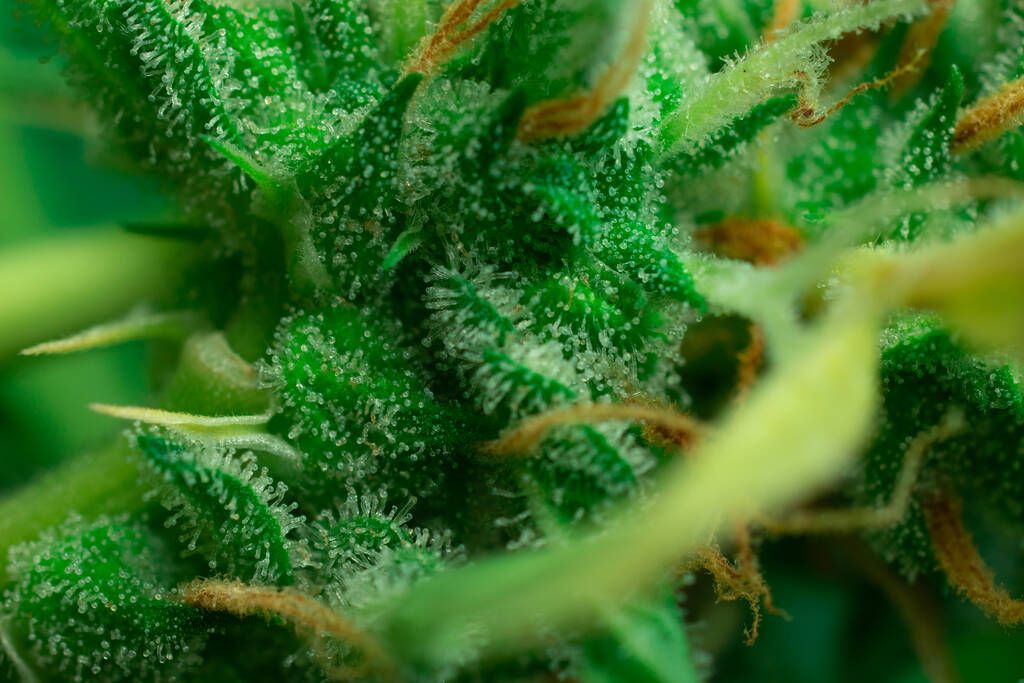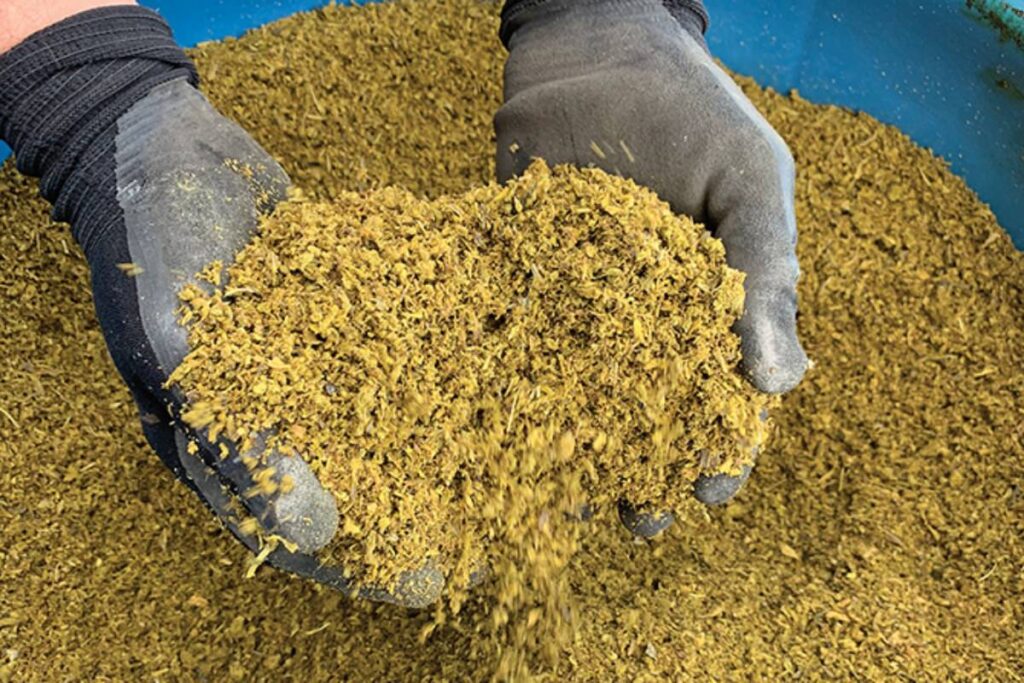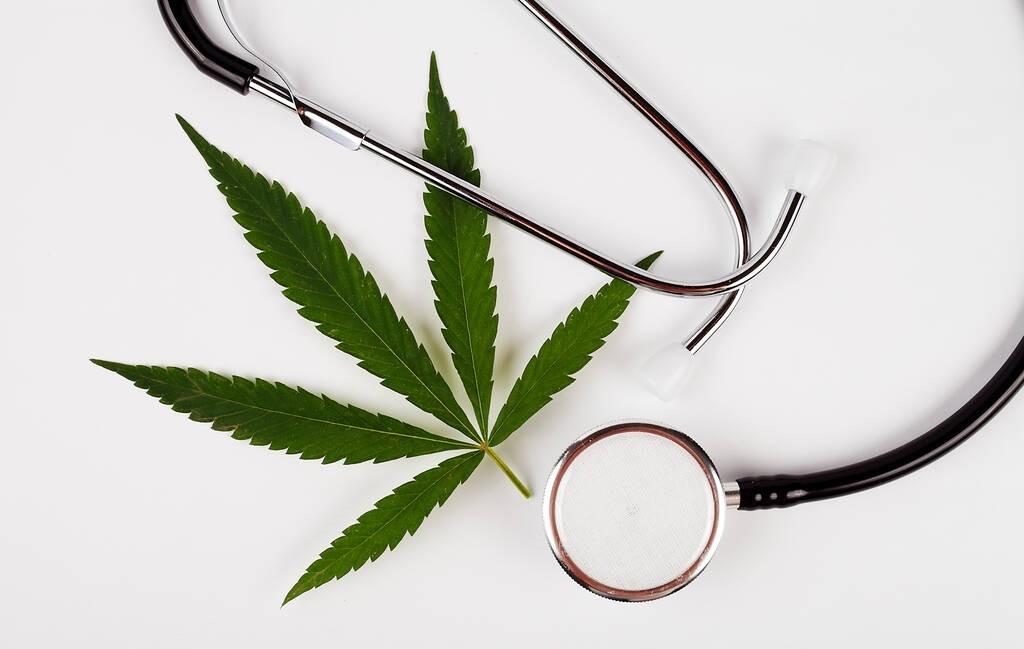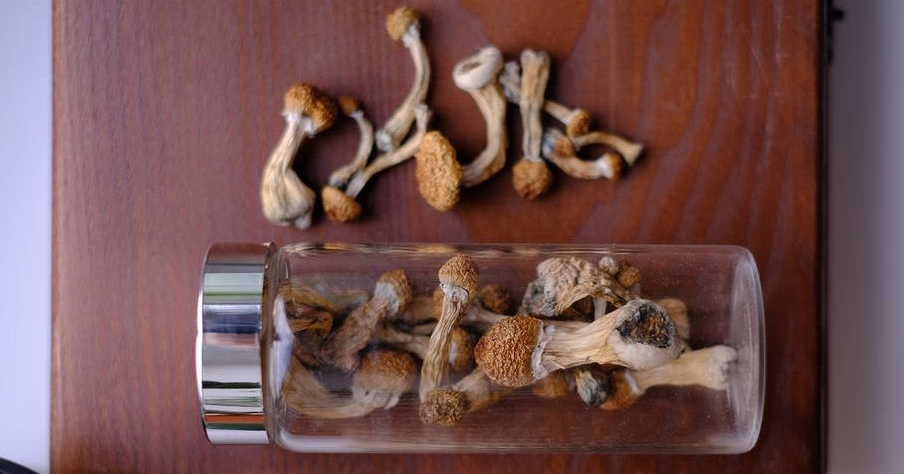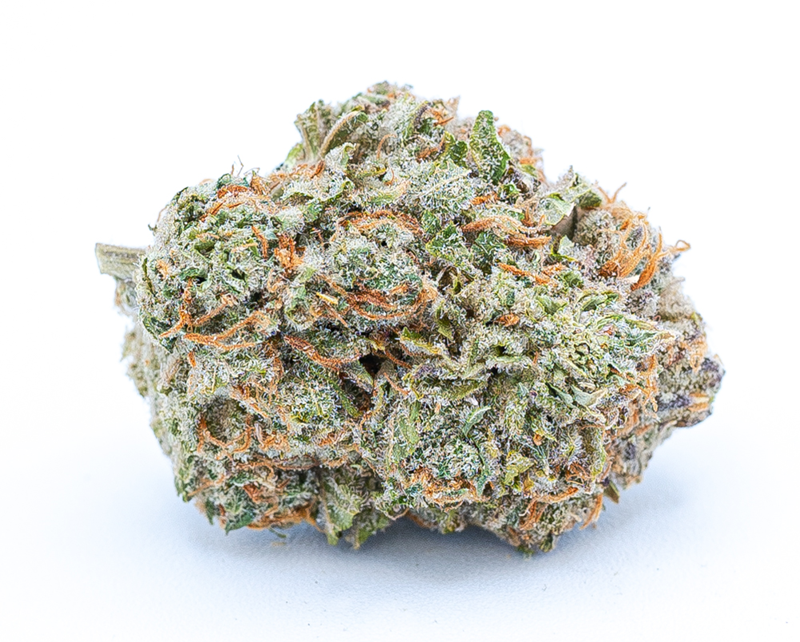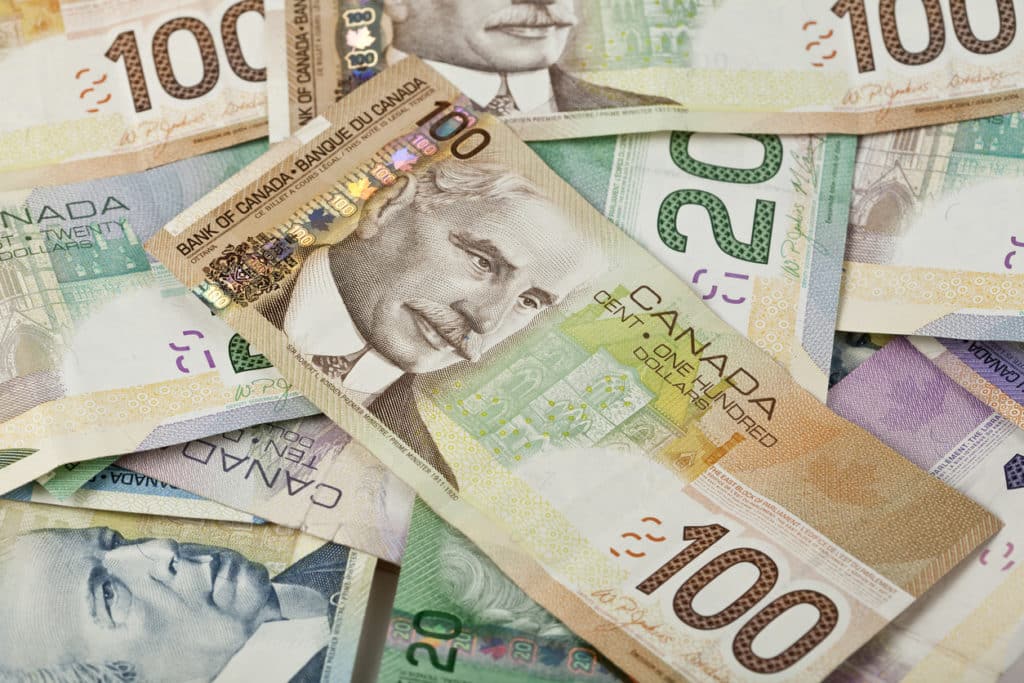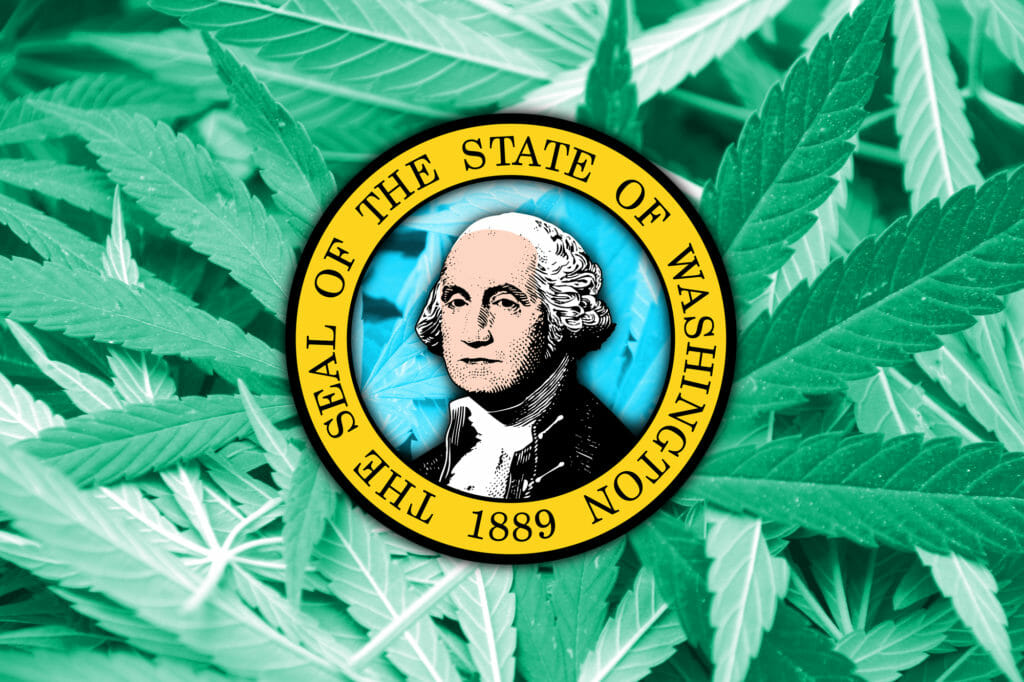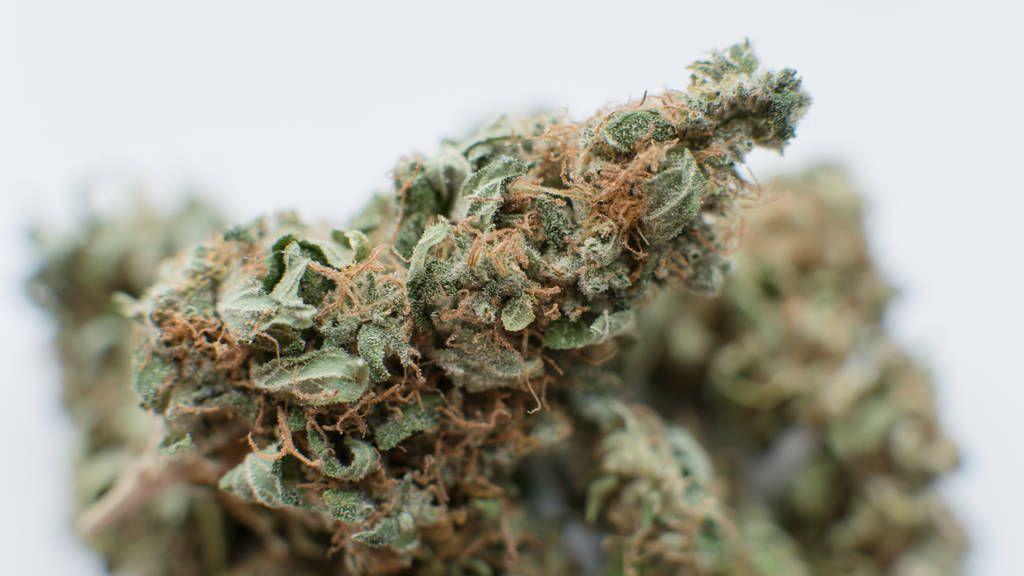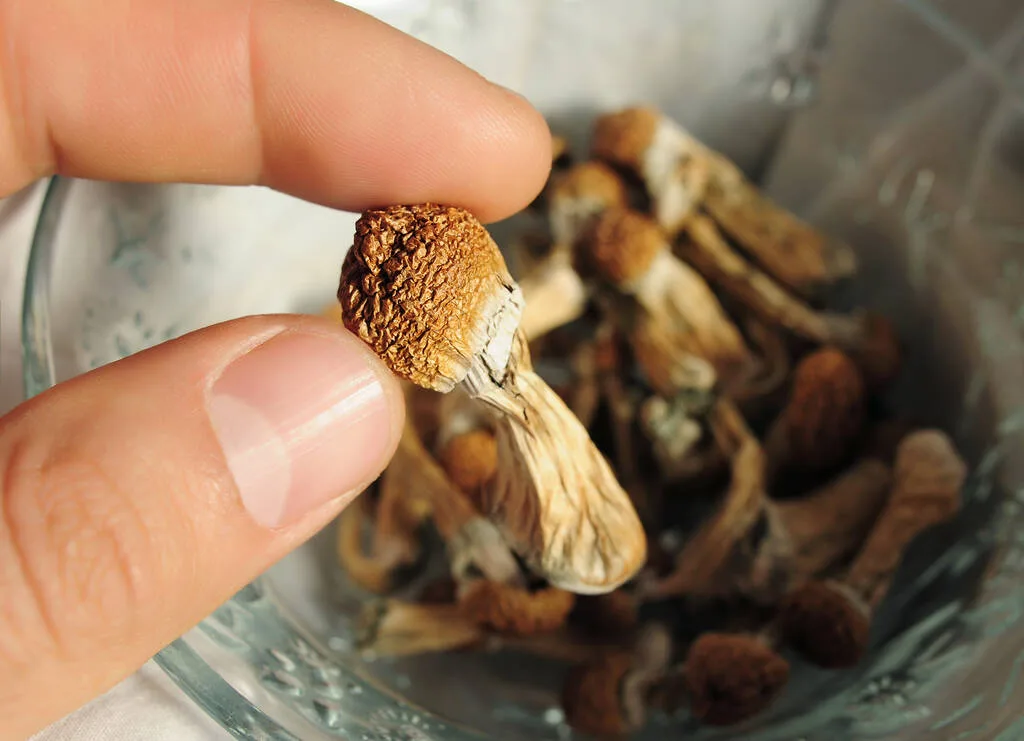A new clinical trial from Johns Hopkins University School of Medicine finds that delta-8 THC (Δ8-THC), a growingly popular hemp-derived cannabinoid, produces psychoactive effects similar to those of delta-9 THC (Δ9-THC), but only when consumed in higher doses.

Delta-8 THC gummies.
The peer-reviewed study, published in the journal Drug and Alcohol Dependence, involved 19 healthy adult participants with no recent cannabinoid use. In a double-blind, crossover design, subjects were given brownies containing 10, 20, or 40 milligrams of Δ8-THC, 20 milligrams of Δ9-THC, or a placebo. Researchers then measured drug effects, blood cannabinoid levels, vital signs, and performance on cognitive and psychomotor tasks.
Results showed that Δ8-THC produced dose-dependent psychoactive effects that were qualitatively similar to those of Δ9-THC. However, the study found that 20 mg of Δ8-THC produced significantly weaker effects than an equivalent dose of Δ9-THC—including reduced intoxication, heart rate elevation, and cognitive impairment. At 40 mg, Δ8-THC’s effects were comparable to those of 20 mg of Δ9-THC.
Continue reading

